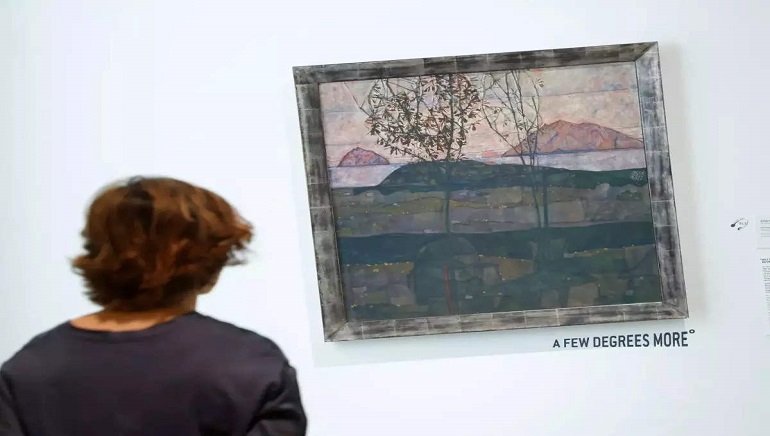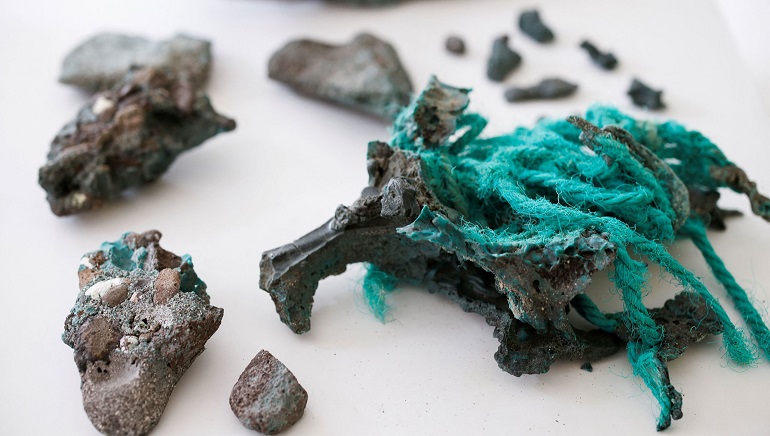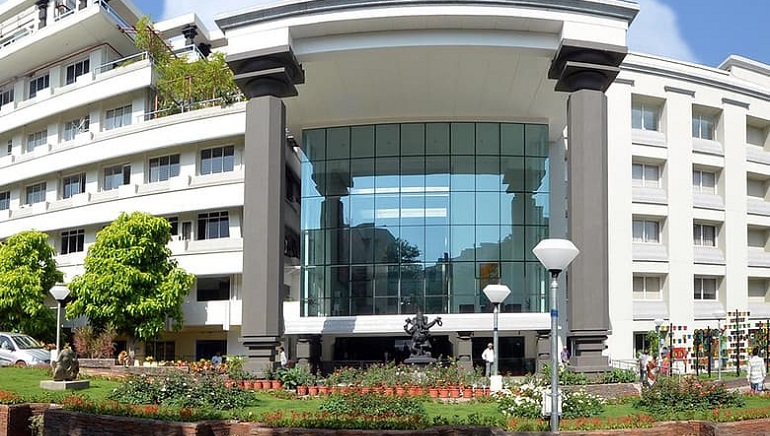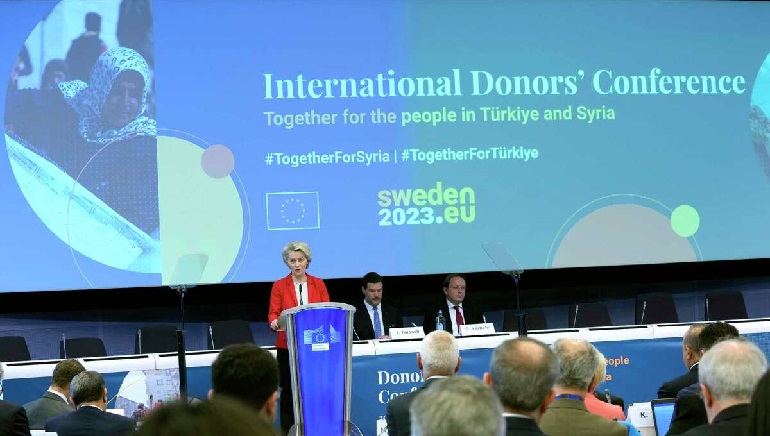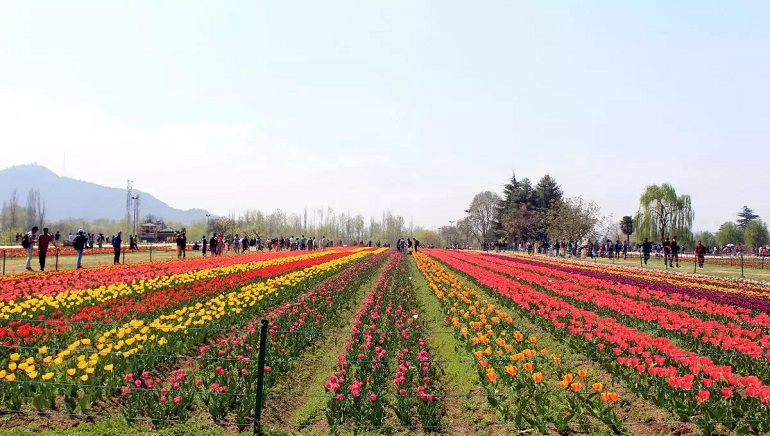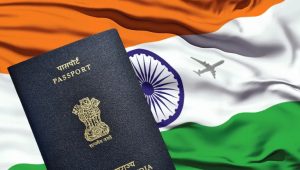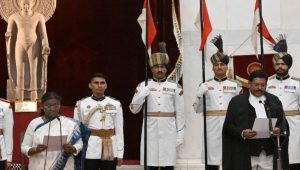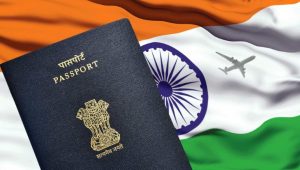The family of industrialist JP Taparia has bought a sea-view luxury triplex apartment worth around Rs 369 crore in south Mumbai in likely the most expensive residential property deal in the country. The sale deed was registered on March 29, 2023, and signed from listed real-estate developer Macrotech Developers.
The triplex is in the super-luxury residential tower Lodha Malabar, located on Walkeshwar Road, Malabar Hill. The total area of the residential units, located on the 26th, 27th and 28th floors, is 27,160.6 sq ft. The consideration amount was Rs 369.55 crore, and a stamp duty of Rs 19.07 crore was paid. The units come with 20 car parkings. The value of the triplex makes the per-sq ft cost almost Rs 1.36 lakh per sq ft, and is perhaps the most expensive residential property deal.
JP Taparia is the founder of the contraceptive products firm Famy Care. Until 1990, the senior businessman was engaged in his family business of hand tools and engineering. He later started his own business with Famy Care, which is a leading manufacturer of female oral contraceptives and Copper-Ts.
Earlier, on March 13, Bajaj Auto Chairman Niraj Bajaj purchased a sea-facing luxury triplex penthouse of over 18,008 sq ft on the top three floors of the Lodha Malabar Hill project for Rs 252.50 crore, setting the record for the costliest penthouse in the city. The transaction was at a rate of Rs 1,40,277 per sq ft on the total area.








